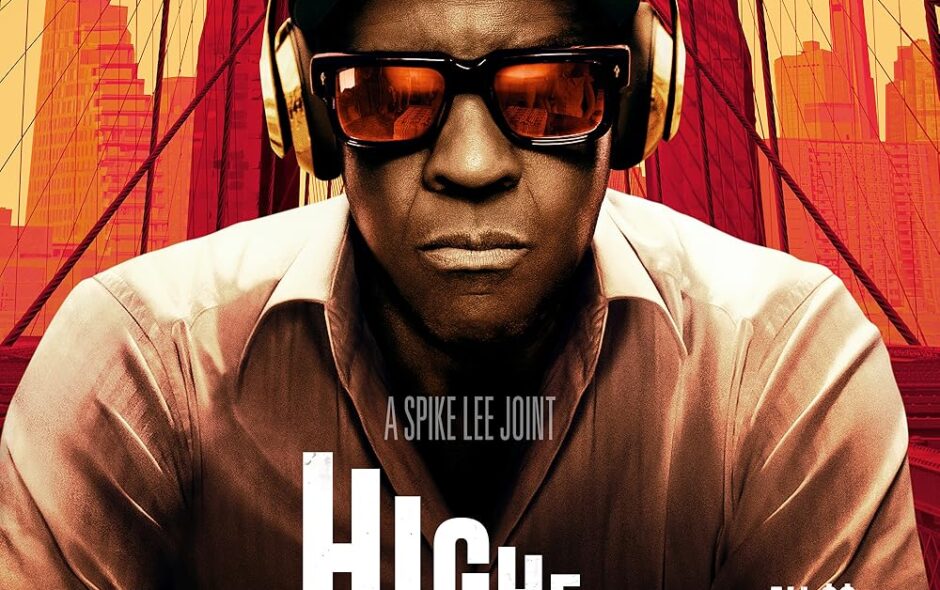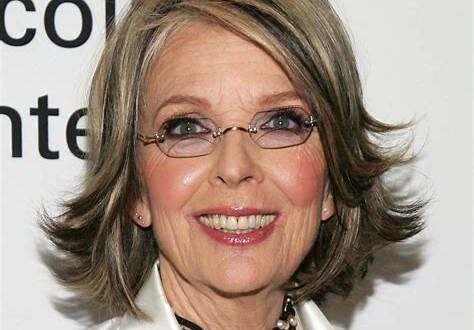Spike Lee’s Highest 2 Lowest is a fierce, modern reimagining of Akira Kurosawa’s 1963 classic High and Low, transplanted from postwar Japan to the thrum of present-day New York. In Lee’s hands, the story of a kidnapping and moral reckoning unfolds in the sleek, shadowy corridors of the music industry, where money and fame blur the lines between art and exploitation.
Denzel Washington, in his most compelling role in years, plays David King, a legendary producer whose fortune and reputation are tested when a young boy is kidnapped—not his own son, but the child of his driver and confidant. The mistake sets off a crisis that exposes the fissures between privilege and desperation, and the illusions that hold them together. Washington captures King’s turmoil with a subtlety few actors could match, conveying arrogance, guilt, and grace often within the same breath.
Spike Lee, reunited with his longtime muse, brings his signature energy and visual daring to every frame. The camera glides through neon-lit studios, penthouses, and subway tunnels with the precision of a conductor leading an orchestra. Cinematographer Matthew Libatique’s lens transforms the city into both a mirror and a maze, a place where justice feels just out of reach. Lee’s direction balances bravura style with moral weight, reminding us why he remains one of America’s most vital filmmakers.
Not everything works as smoothly as it should. The script, ambitious to a fault, juggles too many ideas—race, class, celebrity, redemption—and sometimes loses focus in the process. The pacing drags early on, and a few stylistic flourishes, particularly in the score and editing, verge on indulgence. Yet even when the film overreaches, it does so with conviction. Its best scenes crackle with tension and emotional clarity, especially as Washington’s character faces the limits of what money, power, and good intentions can buy.
In the end, Highest 2 Lowest lives up to its name. It soars when Lee and Washington are in sync, their collaboration yielding moments of brilliance that rival their earlier triumphs. When it falters, it does so not out of cynicism but ambition—the kind that insists cinema should still mean something. It’s a flawed but stirring work, full of soul, rhythm, and the ache of conscience




